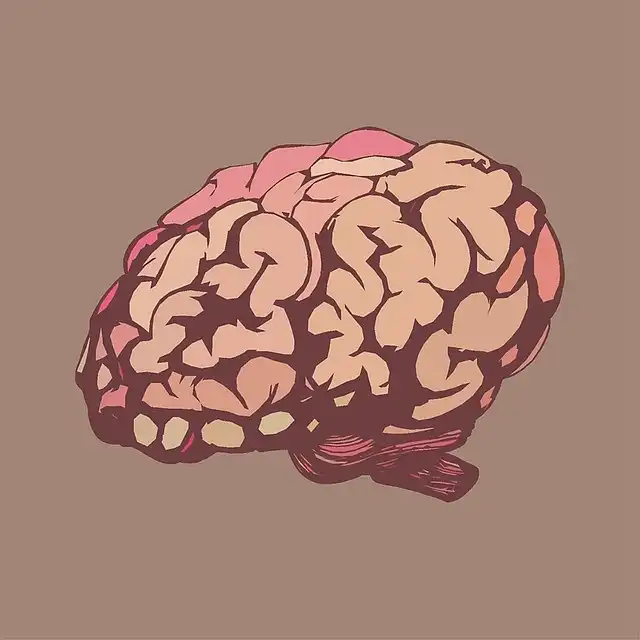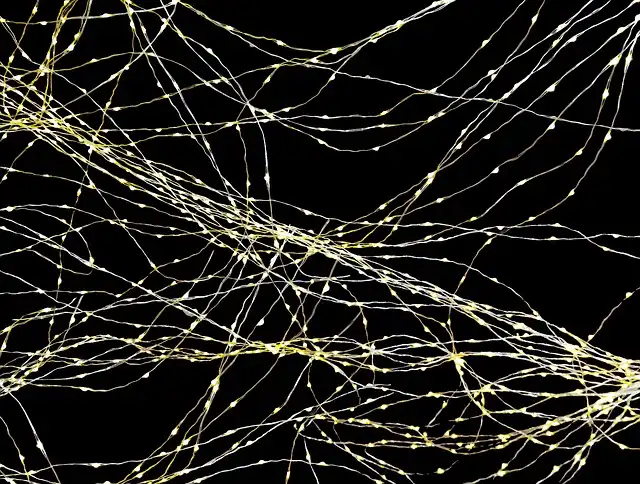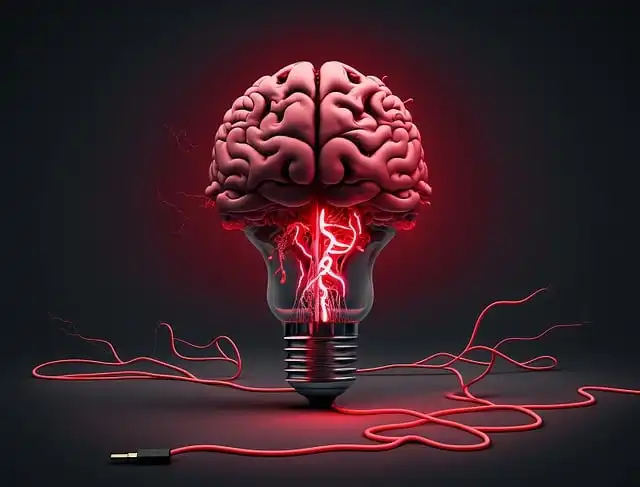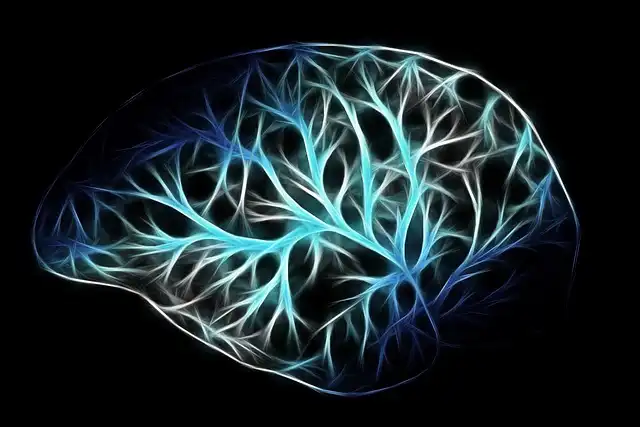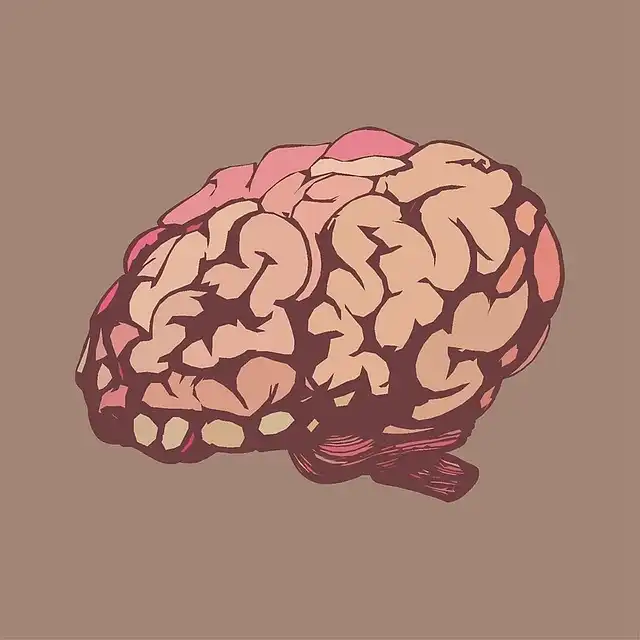
Thirst and hunger neurons
"Basic drives like thirst and hunger ensure we eat and drink at the right times, giving our bodies the hydration and nutrition needed to survive," explains Rüdiger Klein, Director at the Max Planck Institute for Biological Intelligence.

